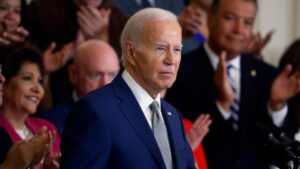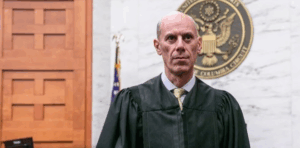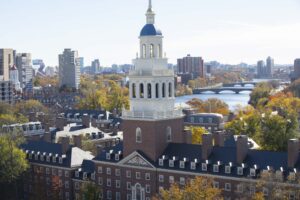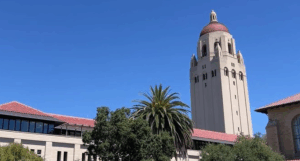Harvard University has officially launched a lawsuit against the Trump administration regarding the freezing of nearly $2 billion in federal grants, which the university claims is illegal and could severely disrupt critical research on diseases such as pediatric cancer and Alzheimer's. In a communication to the university community, President Alan M. Garber emphasized that the government’s actions undermine Harvard’s constitutional rights and are an attempt to exert control over academic decision-making. The federal government has implemented funding cuts at other elite institutions and has demanded changes to diversity initiatives, leaving some universities, including Harvard, at a crossroads.
Harvard University Challenges Trump Administration's Funding Cuts in Court
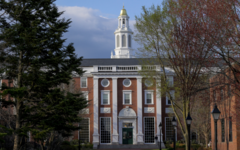
Harvard University Challenges Trump Administration's Funding Cuts in Court
Harvard University initiates legal action against the Trump administration over the seizure of federal grant funds crucial for research initiatives.
In a bold move, Harvard University has taken legal action against the Trump administration in response to a significant funding freeze that they argue is unlawful. In a letter to the university community, President Alan M. Garber revealed the school is facing nearly $2 billion in federal grants being withheld, which poses a serious threat to essential research projects. The lawsuit claims that the freeze violates Harvard's constitutional rights and is a tactic to control educational governance at the institution.
The university has previously rejected demands from the administration to modify diversity initiatives and address allegations surrounding anti-Semitism on campus. The White House has meanwhile dismissed the situation, dubbing it the end of "the gravy train of federal assistance" for institutions like Harvard. Garber, who is Jewish himself, recognizes instances of anti-Semitism on the Harvard campus, but maintains that initiatives are in place to tackle such issues.
This lawsuit sheds light on broader concerns about federal funding cuts impacting various elite universities, as similar financial restrictions have been set for places like Cornell University and Brown University. Harvard's fight against these measures raises crucial questions about academic freedom and the future of research funding in a politically charged climate.
Despite potential repercussions, including threats to Harvard's tax-exempt status, the university stands firm in resisting what it views as governmental overreach into academic autonomy. A Gallup poll last year indicated declining confidence in higher education among Americans, particularly among Republicans, as the political landscape influences perceptions of universities. As this legal battle unfolds, the stakes remain high for Harvard and the broader academic community.
The university has previously rejected demands from the administration to modify diversity initiatives and address allegations surrounding anti-Semitism on campus. The White House has meanwhile dismissed the situation, dubbing it the end of "the gravy train of federal assistance" for institutions like Harvard. Garber, who is Jewish himself, recognizes instances of anti-Semitism on the Harvard campus, but maintains that initiatives are in place to tackle such issues.
This lawsuit sheds light on broader concerns about federal funding cuts impacting various elite universities, as similar financial restrictions have been set for places like Cornell University and Brown University. Harvard's fight against these measures raises crucial questions about academic freedom and the future of research funding in a politically charged climate.
Despite potential repercussions, including threats to Harvard's tax-exempt status, the university stands firm in resisting what it views as governmental overreach into academic autonomy. A Gallup poll last year indicated declining confidence in higher education among Americans, particularly among Republicans, as the political landscape influences perceptions of universities. As this legal battle unfolds, the stakes remain high for Harvard and the broader academic community.


